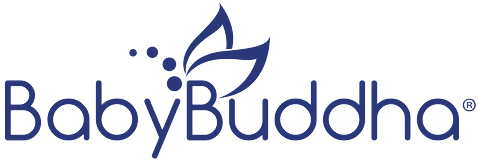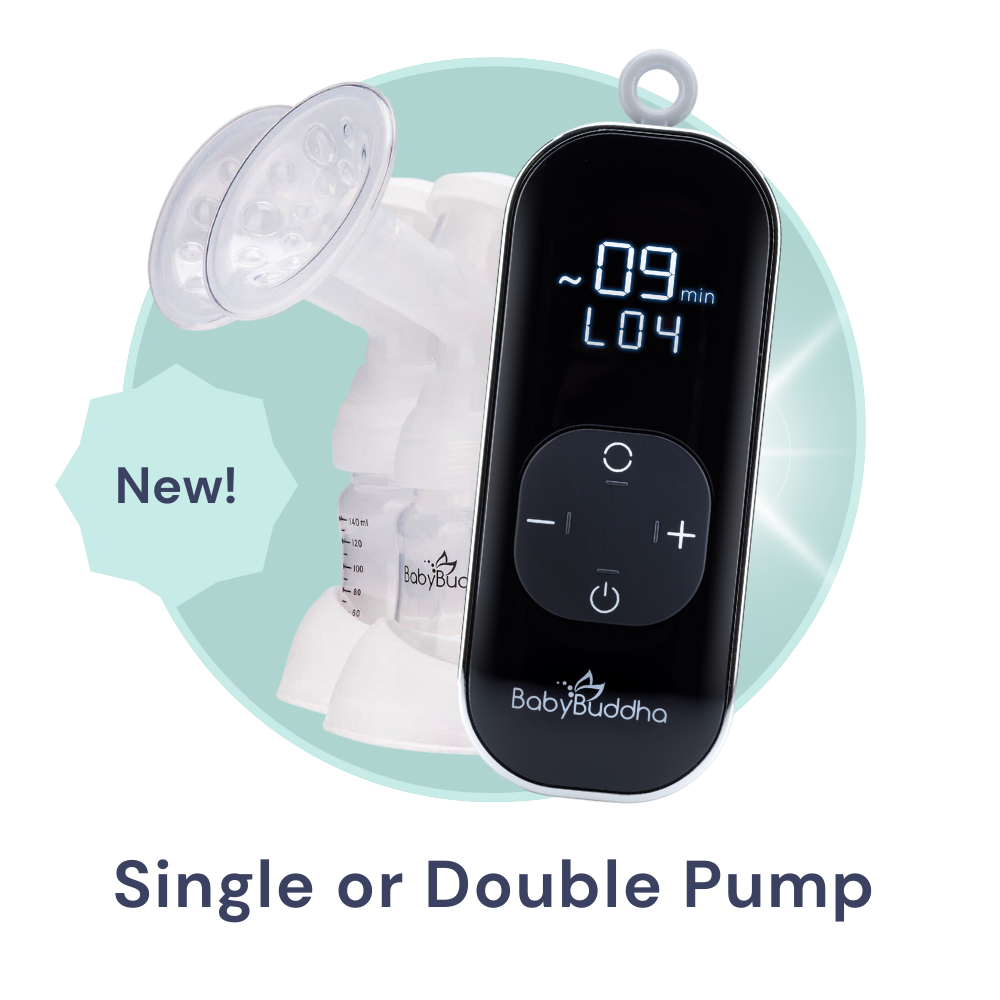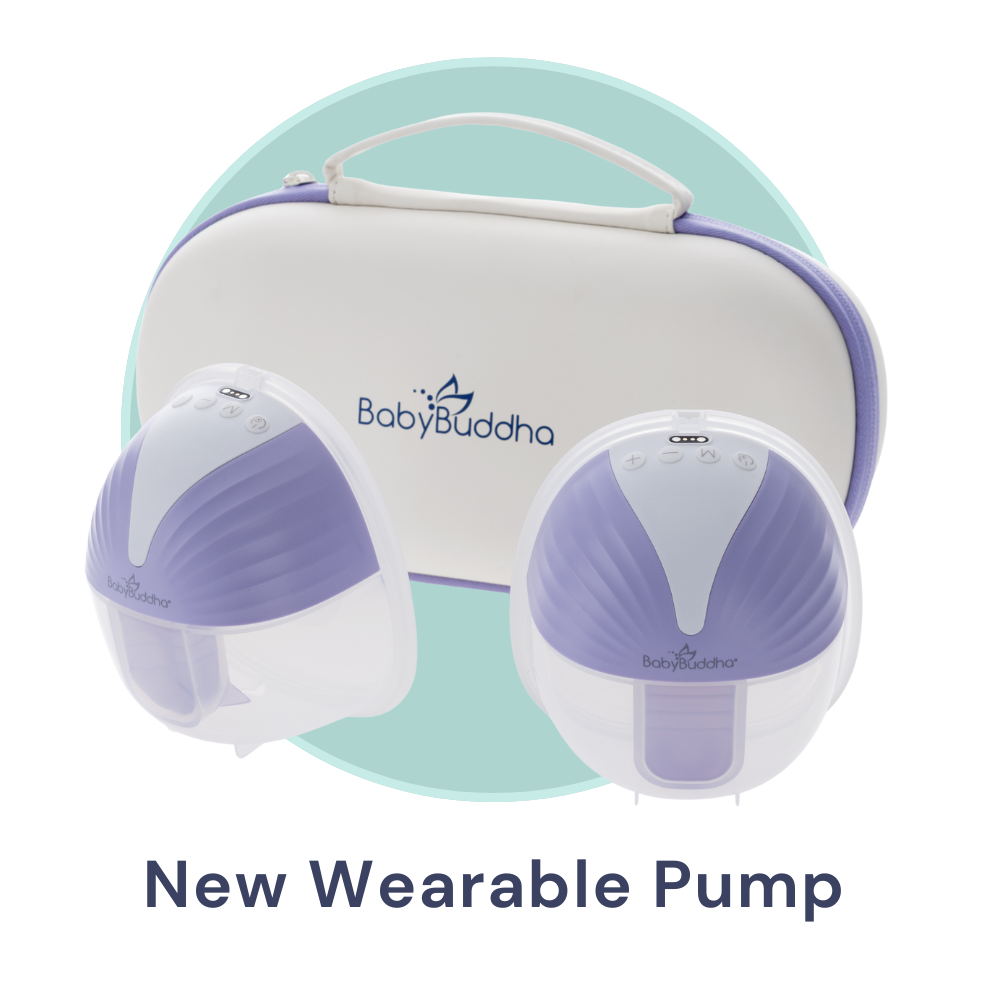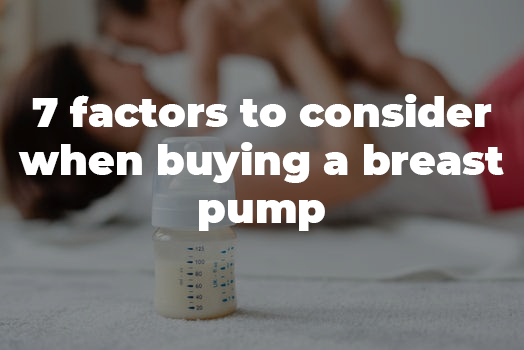Body
Whether you’re a new or experienced mom, everyone seems to have an opinion about you, your newborn, and breastfeeding.
Call it an instinct to share collective wisdom. Even those who have never lactated feel the need to impart sage nursing advice.
So how do moms separate breastfeeding facts from fiction? Getting the correct information is essential in building that intangible nursing bond between mom and baby.
Read on as we debunk the most common breastfeeding myths and empower moms to begin their nursing journey with confidence.
Myth #1: Breastfeeding Comes Naturally
If there’s one thing that feels more unnatural to new moms, it’s breastfeeding.
Proper breastfeeding technique is something that mothers and babies have to learn.
Contrary to popular belief, newborns don’t automatically latch onto a nipple that’s close by. Babies are born with a natural sucking and rooting reflex, but they still need to learn to nurse, as do moms.
Getting a good latch is developed over time, as the baby gains more head control and moms find the perfect head-to-breast position. Success in breastfeeding is a two-person team effort.
Myth #2: Milk Comes in Right Away
During the first couple of days, don’t expect much in milk production. Newborns learning to nurse in the early hours are getting what’s known as colostrum, a thick creamy substance that is the early stage of breastmilk.
New moms should expect fresh breast milk to come in 3 to 4 days after giving birth. Each time a baby nurses, that suckling motion draws down the breast milk and sends a signal that more milk is needed. Expect milk production to kick in as supply increases to meet demand.
Myth #3: Don’t Take Medications While Nursing
Nursing moms should feel comfortable taking over-the-counter medications such as ibuprofen and acetaminophen while they are breastfeeding.
A recent study by the American Academy of Pediatrics concluded that most drugs are safe to take while lactating and its side effects won’t harm infants. Experts recommend nursing mothers tell their health care providers about any medications they are taking.
Myth #4: Nipple Pain is Normal
The unfiltered truth is that breastfeeding should not be painful. Often, sore nipples or redness around the nipples is a sign that the baby is not properly latching.
At the first sign of sore nipples, moms should consult a lactation consultant to ensure proper breastfeeding positioning.
Don’t dismiss the pain, even for those with high pain tolerance. Sore nipples can quickly develop into cracked nipples. And cracked nipples could worsen into an infection.
Myth #5: Eat Bland Foods While Nursing
Your breastmilk is what you eat, right? Nope. Not in this case.
Nursing moms should strive to eat a well-balanced diet. As a general rule, stick to what you like. Don’t worry about certain foods entering the breastmilk and their effects on the baby.
Drinking a cup of coffee won’t cause your baby to stay up all night. There’s no need to avoid broccoli or cabbage in case those foods might give babies gas.
Myth #6: Women With Small Breasts Don’t Produce Enough Milk
A woman’s body is built to produce the right amount of milk for their infant. That intimate breastfeeding relationship is based on supply and demand.
Milk production also has a lot to do with a baby’s correct latch and if an infant is draining a breast at each feeding. An adequate latch is the most effective tool in drawing down the milk.
As a baby suckles, a mother’s brain sends a message that more milk is needed.
Myth #7: Going Back to Work Means Weaning
Contrary to social norms, working moms do not have to stop breastfeeding once they return to work.
The key to successfully keeping your milk supply up to continue nursing is to follow a strict pumping schedule at work. Consider matching your pumping schedule to when a baby would feed during the day.
A lifesaver for any working mom is an electric breast pump. Many moms prefer the convenience of a double electric breast pump - you can pump both breasts at the same time - to use in an office lactation room or in their car.
Choosing the best breast pump comes down to picking a pump that will meet your pumping needs.
Myth #8: You Have to Choose Formula or Breastfeeding
Some moms choose to exclusively breastfeed. Others go straight to formula. Ultimately, it is a personal choice. And it doesn’t have to be an either/or.
There’s a third option: supplementing the nursing schedule with some formula. Moms should find a good balance between nursing and using formula that fit their schedules. To keep the milk supply adequate, pump when infants drink formula so the milk production is on the same schedule as a baby’s feedings.
Myth #9: Stop Breastfeeding If You Have a Breast Infection or Blocked Duct
One of the best ways to unclog a blocked milk duct is to continue nursing. A blocked duct occurs when there is a change in the baby’s nursing schedule.
For instance, when infants nap longer, they may go a longer period between feedings. Longer naps are great, but unfortunately, they could wreak havoc on the delicate balance between supply and demand.
Blockage can also cause a breast infection, which is an inflammation of the breast tissue. Nursing moms will need antibiotics to relieve a breast infection, but the infection does not affect the milk supply.
The Final Word on Breastfeeding
Breastfeeding a baby is one of the most joyful and difficult experiences of motherhood. Unfortunately, common misconceptions can tank the delicate bond between mother and infant.
Whether lactating moms decide to breastfeed for six days, six weeks, or six months, there is no right amount of time to nurse.
Now that you know the breastfeeding facts that matter the most, you’re on your way to a successful nursing journey.
If you're looking for the perfect breast pump to keep up with your milk supply, check out these options that offer reviews from real moms.








